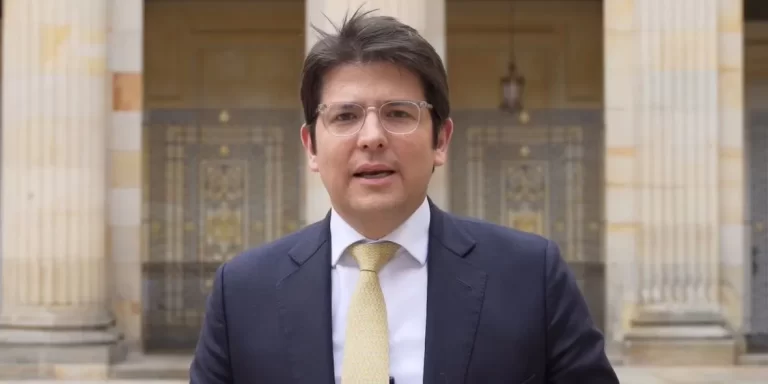[ad_1]
TUNIS (Reuters) – Hundreds of Tunisians protested on Saturday in the streets of the capital against a widely contested new law that grants officials from the former regime involved in corruption amnesty from prosecution.
Tunisia’s parliament on Wednesday approved a law protecting officials accused of graft during the rule of autocrat Zine El-Abidine Ben Ali, triggering angry protests by the opposition and activists.
Waving flags and banners saying “No to forgiveness”, “Resisting against mafia rule”, around 1,500 people marched through the capital’s central Avenue Habib Bourguiba in the company of opposition leaders.
After months of protests, the law was amended from an original draft which would have also granted amnesty to corrupt businessmen. Now they will be liable to prosecution for crimes committed during Ben Ali’s 24-year rule.
Critics of the so-called “Economic Reconciliation” law say it is a step back from the spirit of Tunisia’s 2011 revolution to oust Ben Ali, who fled after weeks of protests against corruption and inequality.
“The counterrevolution is being led today by the President of the Republic,” Hamma Hammami, leader of Popular Front party, told Reuters. “The people returned to the streets again today as before the revolution and will not be silent against the corrupt system.”
Ruling parties Ennahda and Nidaa Tounes supported the law. The law was proposed by President Beji Caid Essebsi, himself a former Ben Ali official, and sent to parliament in 2015. But debate was postponed after criticism that the original bill benefited business elites tied to the government.
Government officials say the law helps to turn the page on the past, improves the climate for investment and gives confidence to the administration and officials.
Slim Azzabi, the director of the president’s office, said reconciliation would include about 2,000 employees and officials and will contribute to additional economic growth by 1.2 percent because of returned funds.
Despite the consensus between secular and Islamist parties that helped the country’s transition toward democracy, the bill has divided Tunisians between those who want to draw a line under the past and those who say they must deal with past graft.
Since the 2011 uprising, Tunisia has been held up by Western partners as a model of democracy for the region. Economic progress has lagged, though, and corruption remains a major problem in the North African state.
Reporting by Tarek Amara; editing by Diane Craft
[ad_2]
Source link






Leave a Reply